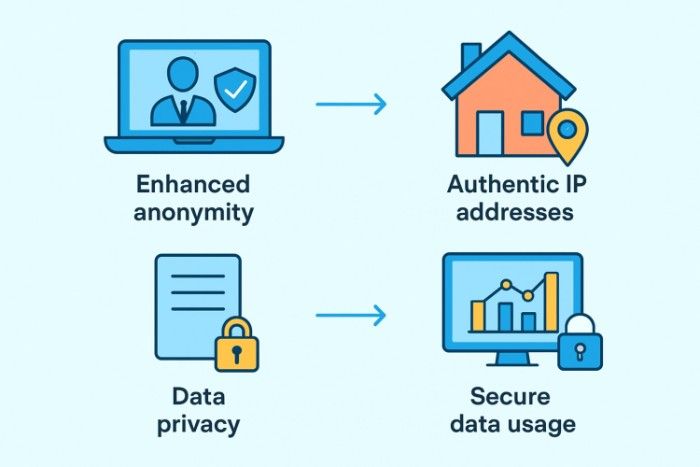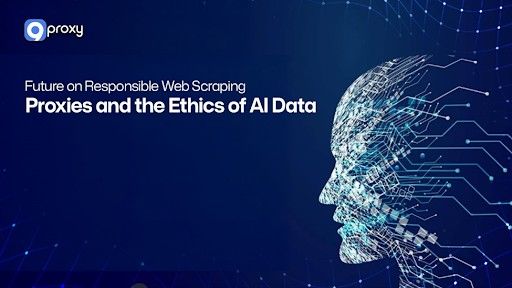Artificial intelligence has become a powerful force for change, influencing how we work, learn, and connect. Yet behind every AI breakthrough lies something less visible but significant: data. The quality and integrity of that data determine how fair and transparent our technologies can be.
This concern is shared widely, 59% of people say they’re very concerned about their privacy being violated by AI systems. These worries highlight why responsible data practices matter now more than ever.
Today, more innovators are recognizing that ethical data collection isn’t just a compliance requirement; it’s a cornerstone of public trust. This growing awareness marks a positive shift in how we think about technology. It’s the beginning of a new era where progress and responsibility move hand in hand.
Key Takeaways
- Data quality and integrity are crucial for fair and transparent AI technologies.
- Ethical data practices can build public trust and support responsible AI development.
- Residential proxies enable safe data access and respect privacy while supporting innovation.
- Transparency in data practices is becoming a competitive advantage in the tech industry.
- The future of AI looks promising as ethical standards and human values guide technological advancements.
Table of Contents
The Rise of Ethical Data Practices
In recent years, discussions of AI have shifted from technical capability to ethical obligation. The internet is a vast wellspring of knowledge, but using that information responsibly requires restraint. Ethical collecting is about picking up only (non-personal) public information, obeying access rules, and respecting privacy, nothing more.
These principles aren’t a formula to freeze progress; they’re the foundation for the most powerful engine of innovation known to man. And by being responsible with the data we collect, we create systems that work for people, not against them. It’s a noiseless but radical conversion, turning transparency into a competitive weapon.
How Residential Proxies Support Responsible Data Use
One of the unsung heroes of this transformation is the infrastructure that enables safe and compliant data access. Among these tools are residential proxies, which route internet traffic through real user networks to ensure responsible, distributed, and privacy-conscious access to public web data.
When used ethically, residential proxies help researchers, developers, and businesses gather accurate insights without overwhelming websites or breaching privacy standards. They play a crucial role in balancing access and respect, enabling innovation within the boundaries of fairness.
The positive trend here is that more companies and developers are seeking out residential proxies designed for ethical use. Trusted providers like 9Proxy have demonstrated how proxy networks can prioritize transparency, compliance, and user consent while delivering reliable access for legitimate research. As the market matures, the conversation isn’t just about scale or speed; it’s about responsibility. Even discussions about residential proxy prices now increasingly consider whether the underlying networks are sourced ethically and operated sustainably. That signals a wider cultural change toward integrity in technology.

Building Trust Through Transparency
Trust is, in the digital age, becoming one of the most valuable currencies. People need and want to believe that the systems shaping their lives are grounded in values they can trust. The use of tools such as 9Proxy or other ethically run residential networks demonstrates that technology can advance without sacrificing privacy and ethics.
But lurking behind the algorithms and data pipelines is a quiet revolution underway: it’s about connecting innovation with accountability. Developers, researchers, and policy makers are starting to come together to set
A Hopeful Future for AI
The most encouraging part of this story is that the future of AI is looking brighter because of these changes. As awareness grows, so does the movement toward fairness, transparency, and respect in data practices. The rise of ethical innovation shows that technology’s best progress happens when guided by human values.
AI’s success will no longer be measured solely by how intelligent it becomes, but by how responsibly it learns. With EU AI Act news shaping conversations across the industry, the coming years could see a global standard where data empowers rather than exploits. And that is good news for all users, creators, and the digital world itself.











